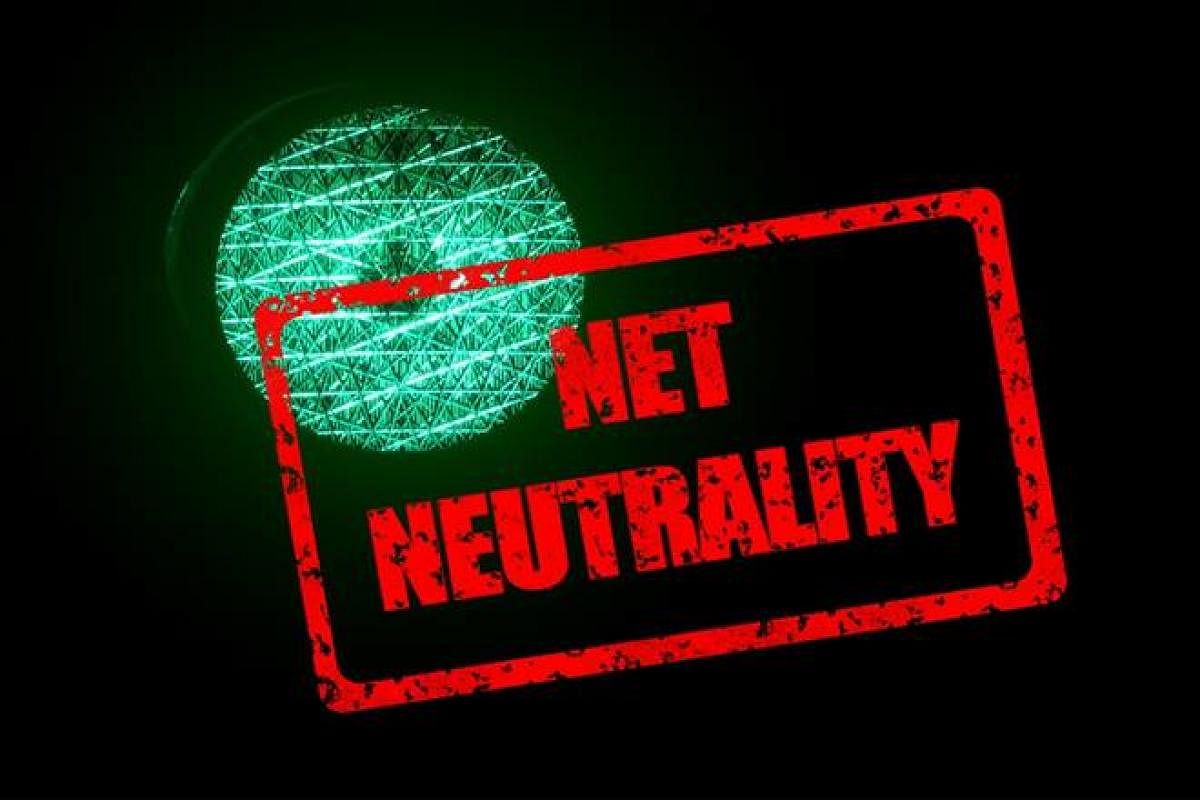
The Telecom Commission has done well to approve the recommendations of the Telecom Regulatory Authority of India (TRAI) on net neutrality. It makes India a country with among the strongest net neutrality regulation. Net neutrality denotes the idea of equal treatment of all data and customers by internet service providers (ISP). They should not discriminate or charge their services differentially on the basis of content, websites, users or other factors. The net neutrality regulation has to be made because internet services have a commercial element and are undertaken mostly by private companies. But, over the years, it has been accepted that the internet is a public service to which everyone should have equal access. It has often been compared to a road to which every person and every type of vehicle has equal rights and which does not give preference and grant any privilege to any entity on special considerations, including monetary payments.
The need for regulation arose because some ISPs have sometimes given priority to the web content of big companies which may pay them for the privilege. This is done by variations in speed or by other means. That amounts to denial of a level playing field for smaller or start-up companies that may be competing with the bigger player. Monopolies will have an advantage and even online freedom of speech will be affected if net neutrality were overturned. The Free Basics app, which was offered by Facebook, was an example of an attempt to subvert net neutrality. Activists and advocates of internet freedom have fought against the discriminatory practice and have won in many countries. The Telecom Commission has laid down that violation of net neutrality will be considered a violation of the licensing conditions of ISPs and telecom operators. The rules are stringent, but they have democratised the internet in India, which has the second largest number of users in the world. The importance of the neutrality regulations in India will be clear from the fact that even in the US, the idea of internet freedom has suffered a setback after Donald Trump came to power. The regulations put in place by the Barrack Obama administration were repealed last year by the Federal Communications Commission.
The Telecom Commission has exempted some specialised services and some Internet of Things (IoT) and Voice over Internet Protocol (VoIP) services from the purview of the regulation. But these have not been clearly defined and so there is a chance of the exemptions being misused. The criteria and list of excluded services should be made public. The regulation should be enforced effectively and a body should be set up to monitor it.